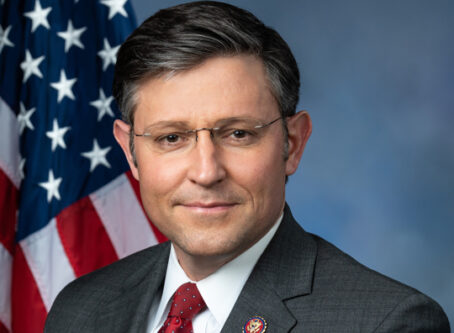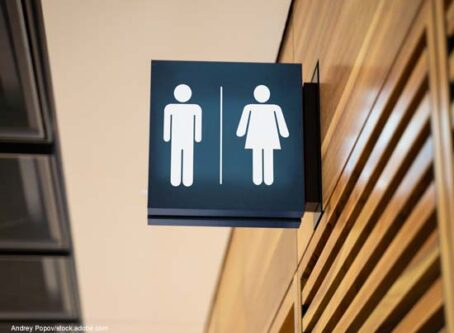North Dakota Senate committee meets on truck size and weight
A North Dakota Senate panel voted to advance legislation that could result in longer and heavier truck size on state roadways.
House lawmakers voted last month to advance a measure that supports testing road trains on certain roadways throughout the state. No state currently allows more than three trailers to be pulled by a single tractor.
Specifically, House Concurrent Resolution 3001 encourages Congress to increase federal truck size and weight standards to benefit a road train pilot program. The nonbinding effort covers state highways and interstates that are part of the federal National Network in North Dakota and surrounding states.
The resolution defines road trains as “a trucking vehicle consisting of two or more connected trailers or semitrailers linked and hauled by a single operating prime mover or tractor which may exceed overall length and total gross vehicle weight limitations, but not exceed current statutory axle load limitations.”
The Senate Transportation Committee met last week to discuss HCR3001.
OOIDA challenges driver shortage claims
The North Dakota Motor Carriers Association has testified in support of the concept of road trains. The group cites a driver shortage to justify larger truck sizes.
“With the consistent demand of moving freight by truck and the shortage of drivers, it is important to look at alternative ways to move freight,” NDMCA’s Matt Gardner previously testified.
The Owner-Operator Independent Drivers Association challenges the driver shortage claim.
Lewie Pugh, OOIDA executive vice president, has communicated to state lawmakers that the claim could not be further from the truth.
“To the contrary, trucking has always suffered from overcapacity – too many trucks, trailers, and drivers,” Pugh wrote. “Wages, working conditions, and rampant driver turnover are proof of this.”
State DOT voices concern
Wayde Swenson, director of operations for the North Dakota Department of Transportation, has communicated with House and Senate legislators concern from the Federal Motor Carrier Safety Administration that there is no mechanism in place to test or license drivers of road trains longer than the national standard of doubles or triples.
“The ability to test or license drivers is not addressed in this resolution,” Swenson told the Senate Transportation Committee.
Pugh adds that larger and heavier trucks would “significantly compromise margins of safety” on North Dakota roadways.
“The trucking industry has dozens of real issues that need to be addressed, but we can unequivocally say there is no driver shortage and no need for bigger and/or heavier trucks,” he said.
Gardner has voiced concern to lawmakers about the potential impacts of longer and heavier trucks on road infrastructure and on safety.
‘Eco-trucks’
In an effort to quell concerns, Sen. Oley Larsen, R-Minot, told the committee members the measure is not about a “truck-train project.” Instead, he referred to it is an “eco-truck pilot program.”
“If we can reduce the container traffic, the truck traffic, on the roads in North Dakota for this pilot program, that’s going to lower our carbon footprint and do so many other things,” Larsen testified. “It’s something to try out.”
The Senate Transportation Committee voted to advance HCR3001 for further consideration.
Related effort
The Senate voted to endorse a related effort. SB2026 would authorize the governor to increase the size and weight limits of commercial vehicles.
The bill does not provide details on truck size and weight limits that would be pursued.
Pugh has cautioned lawmakers about moving forward with increased size and weight rules.
“If you move forward with this, you’re going to unnecessarily impact a tremendous amount of capacity in an industry that simply doesn’t need it, all so a few shippers or private special interests can save money and move cheap freight. In other words, you are going to pick winners and losers.”
“You’re on the wrong side of this issue and highway safety will suffer as a result,” he added.
The bill awaits assignment to a House committee. LL
More Land Line coverage of news from North Dakota is available.









